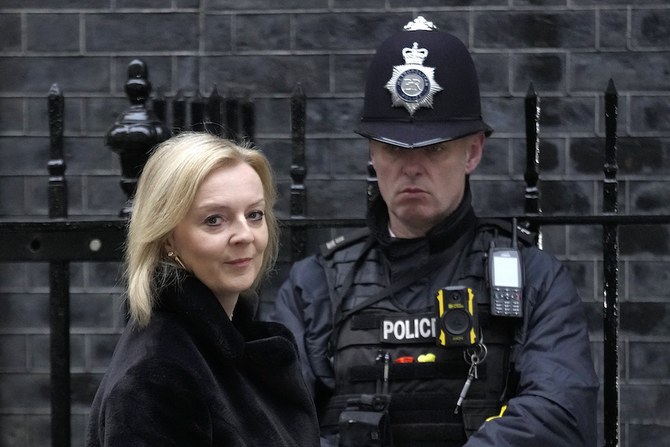Talks to revive a 2015 nuclear deal between Western powers and Iran are approaching a dangerous impasse, British Foreign Secretary Liz Truss said on Tuesday.
“This negotiation is urgent and progress has not been fast enough. We continue to work in close partnership with our allies but the negotiations are reaching a dangerous impasse,” Truss told parliament.
“Iran must now choose whether it wants to conclude a deal or be responsible for the collapse of the JCPOA (nuclear deal). And if the JCPOA collapses, all options are on the table.”
Truss also held a phone call with US Secretary of State Antony Blinken to discuss how to reach a successful conclusion on talks with Iran on mutual return to implementation of the nuclear deal, the US State Department said.
Her comments come a day after a senior member of the US team negotiating with Iran has left the role amid a report of differences of opinion on the way forward, as the urgency to salvage the 2015 Iran nuclear deal intensifies.
A State Department official confirmed on Monday that Richard Nephew, US Deputy Special Envoy for Iran, is no longer on the negotiating team, but was still a State Department employee. The official did not give a reason for the change but said personnel moves were ‘very common’ a year into an administration.
The Wall Street Journal earlier reported that Nephew left after differences of opinion within the US negotiating team on Iran. The paper said he had advocated a tougher posture in the current negotiations.
Iran for the first time Monday said it was open to direct nuclear negotiations with the United States, which declared itself ready to hold talks “urgently” — in a possible turning point in efforts to salvage the 2015 nuclear accord.
Tehran has been engaged since last year in talks with the five other world powers still part of the agreement, which offered sanctions relief in exchange for curbs on its nuclear program.
After unilaterally withdrawing in 2018 under then-president Donald Trump, Washington has been taking part indirectly in the Vienna negotiations, which seek to bring the United States back into the nuclear accord and ensure Iran returns to its commitments.
But Washington has said on multiple occasions it would prefer to hold direct talks, and on Monday Iran’s foreign minister said his country would consider doing so if it proved the key to a “good agreement” to salvage the floundering deal.
“If during the negotiation process we get to a point that reaching a good agreement with solid guarantees requires a level of talks with the US, we will not ignore that in our work schedule,” said Foreign Minister Hossein Amir-Abdollahian.

